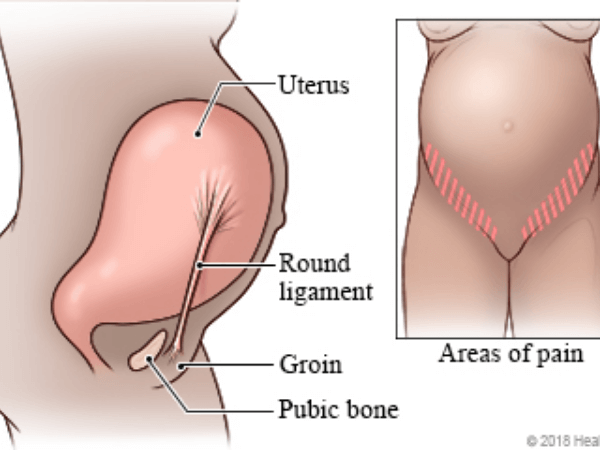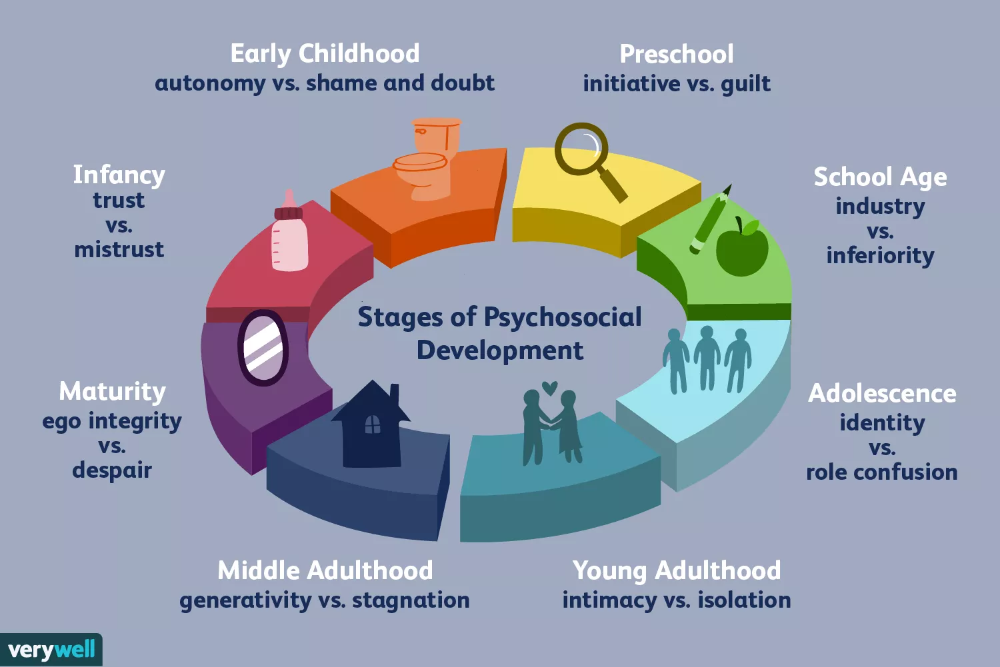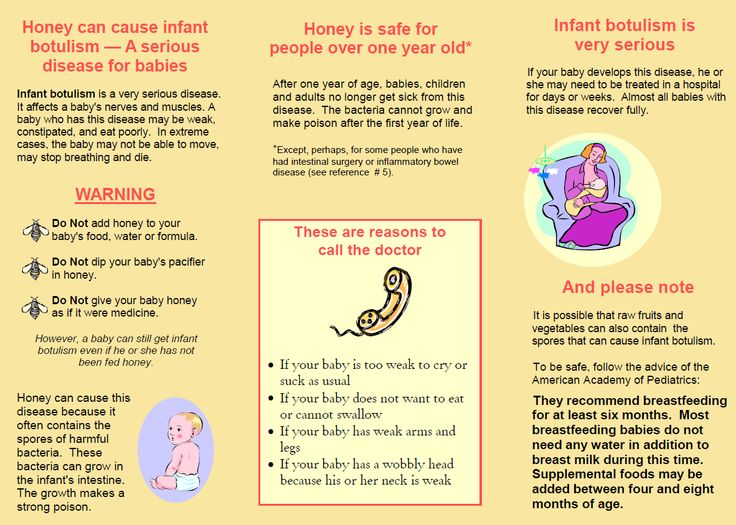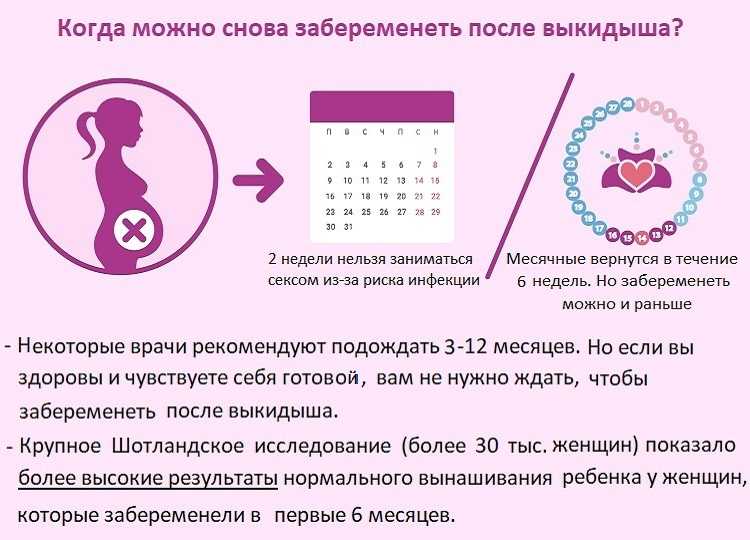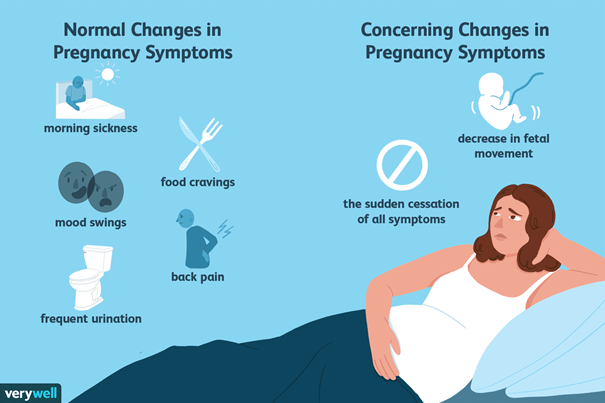Pregnancy and abuse
Abuse during pregnancy | March of Dimes
Abuse, whether emotional or physical, is never okay. Unfortunately, some women experience abuse from a partner. Abuse crosses all racial, ethnic and economic lines. Abuse often gets worse during pregnancy. The American College of Obstetricians and Gynecologists (also called ACOG) says that 1 in 6 abused women is first abused during pregnancy. More than 320,000 women are abused by their partners during pregnancy each year.
What is abuse?
Abuse can come in many forms. An abusive partner may cause emotional pain by calling you names or constantly blaming you for something you haven't done. An abuser may try to control your behavior by not allowing you to see your family and friends, or by always telling you what you should be doing. Emotional abuse may lead you to feel scared or depressed, eat unhealthy foods, or pick up bad habits such as smoking or drinking.
An abusive partner may try to hurt your body. This physical abuse can include hitting, slapping, kicking, choking, pushing or even pulling your hair. Sometimes, an abuser will aim these blows at a pregnant woman's belly. This kind of violence not only can harm you, but it also can put your unborn baby in grave danger. During pregnancy, physical abuse can lead to miscarriage and vaginal bleeding. It can cause your baby to be born too soon, have low birthweight or physical injuries.
What can trigger abuse during pregnancy?
For many families, pregnancy can bring about feelings of stress, which is normal. But it's not okay for your partner to react violently to stress. Some partners become abusive during pregnancy because they feel:
- Upset because this was an unplanned pregnancy
- Stressed at the thought of financially supporting a first baby or another baby
- Jealous that your attention may shift from your partner to your new baby, or to a new relationship
How do you know if you’re in an abusive relationship?
It's common for couples to argue now and then.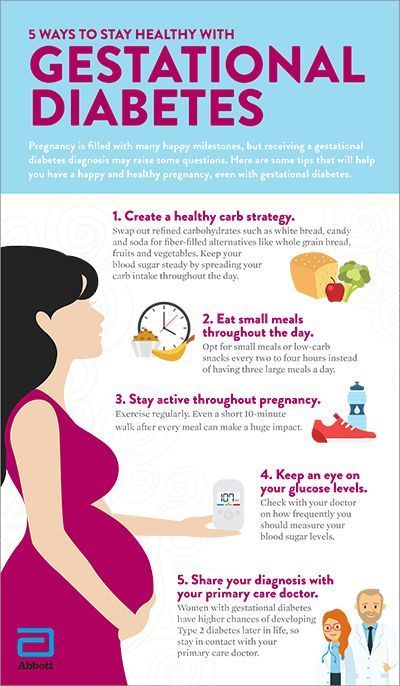 But violence and emotional abuse are different from the minor conflicts that couples have.
But violence and emotional abuse are different from the minor conflicts that couples have.
Ask yourself:
- Does my partner always put me down and make me feel bad about myself?
- Has my partner caused harm or pain to my body?
- Does my partner threaten me, the baby, my other children or himself?
- Does my partner blame me for his actions? Does he tell me it's my own fault he hit me?
- Is my partner becoming more violent as time goes on?
- Has my partner promised never to hurt me again, but still does?
If you answered "Yes" to any of these questions, you may be in an unhealthy relationship.
What can you do?
Recognize that you are in an abusive relationship. Once you realize this, you've made the first step towards help. There are lots of things you can do.
Tell someone you trust. This can be a friend, a clergy member, a health care provider or counselor. Once you've confided in them, they might be able to put you in touch with a crisis hotline, domestic violence program, legal-aid service, or a shelter or safe haven for abused women.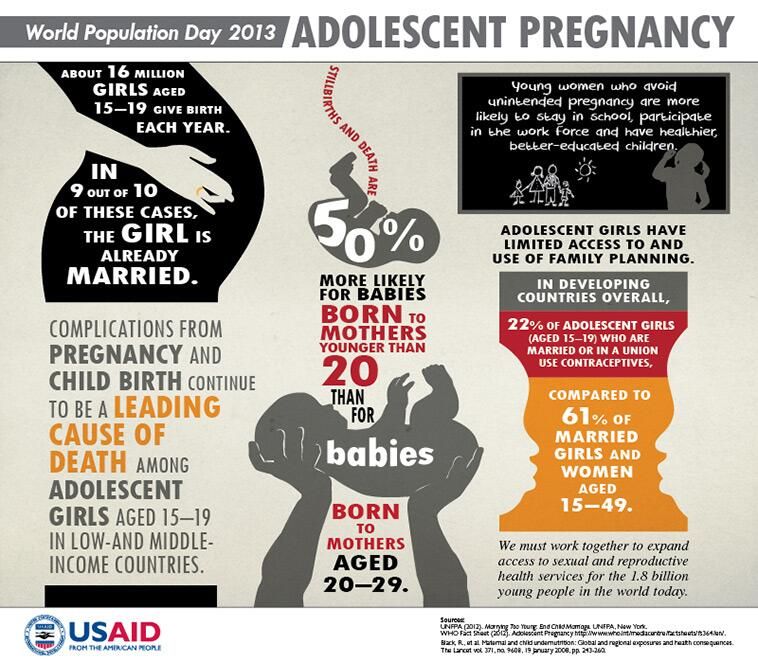
Have a plan for your safety. This can include:
- Learn the phone number of your local police department and health care provider's office in case your partner hurts you. Call 911 if you need immediate medical attention. Be sure to obtain a copy of the police or medical record should you choose to file charges against the abuser.
- Find a safe place. Talk to a trusted friend, neighbor or family member that you can stay with, no matter what time of day or night, to ensure your safety.
- Put together some extra cash and any important documents or items you might need, such as a driver's license, health insurance cards, a checkbook, bank account information, Social Security cards and prescription medications. Have these items in one safe place so you can take them with you quickly.
- Pack a suitcase with toiletries, an extra change of clothes for you and your children, and an extra set of house and car keys.
 Give the suitcase to someone you trust who can hold it for you safely.
Give the suitcase to someone you trust who can hold it for you safely.
Remember: No one deserves to be physically or emotionally abused. Recognize the signs of abuse and seek help. You might feel very scared at the thought of leaving, but you've got to do it. You and your baby's life depends on it.
More information
- National domestic violence hotline: (800) 799-SAFE (7233) or (800) 787-3224 TTY
Pregnancy and Abuse: How to Stay Safe for Your 9 Months
Search Close
Leave this site safely
You can quickly leave this website by clicking the “X” in the top right or by pressing the Escape key twice.
To browse this site safely, be sure to regularly clear your browser history.
Got it
Security Alert
Internet usage can be monitored and is impossible to erase completely. If you’re concerned your internet usage might be monitored, call us at 800. 799.SAFE (7233). Learn more about digital security and remember to clear your browser history after visiting this website.
799.SAFE (7233). Learn more about digital security and remember to clear your browser history after visiting this website.
Click the red “X” in the upper-right corner or “Escape” button on your keyboard twice at any time to leave TheHotline.org immediately.
OK
Pregnancy is a time of change. If you’re pregnant, your life — and your body — starts taking on a new shape as you prepare to bring a little person into the world. Pregnancy can be full of excitement but also comes with an added need for support. It’s natural to need emotional support from a partner, as well as perhaps financial assistance, help to prepare for the baby and more.
If your partner is emotionally or physically destructive toward you, it can make these months of transition especially difficult. Thankfully, there are resources available to help people who are expecting get the support needed for a safe, healthy pregnancy.
If the Abuse Is Increasing or Just Starting — Why Now?
According to the CDC, more than one in three women in the United States has experienced rape, physical violence and/or stalking by an intimate partner in their lifetime.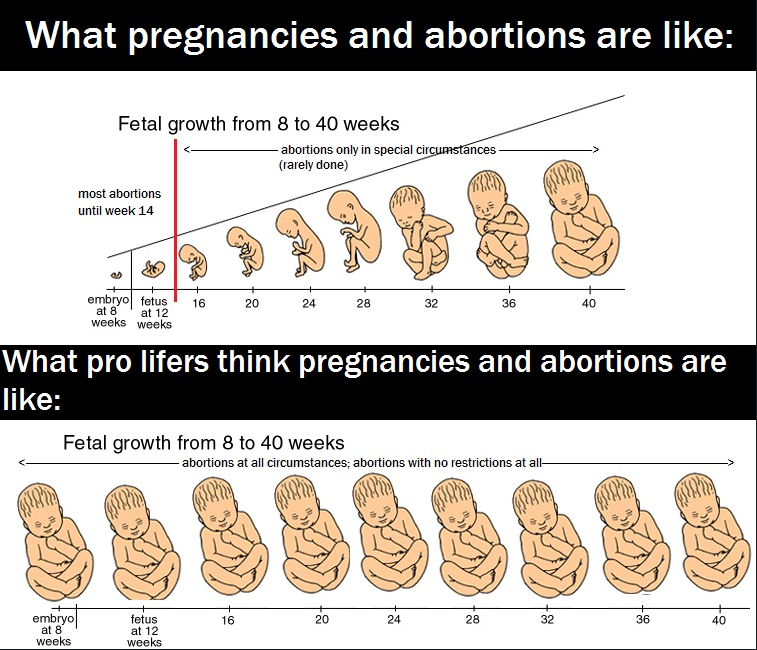 Pregnancy can be an especially dangerous time for people in abusive relationships, and abuse can often begin or escalate during the pregnancy.
Pregnancy can be an especially dangerous time for people in abusive relationships, and abuse can often begin or escalate during the pregnancy.
Partners become abusive or increase the abuse during pregnancy for a variety of reasons. Since abuse is based on power and control, it’s common that an abusive partner will become resentful and jealous that the attention is shifting from them to the pregnancy. They may be stressed at the thought of financially supporting a child, frustrated at the increased responsibilities or angry that their partner’s body is changing. None of this is the survivor’s fault, and none of these are excuses. There is no excuse for abuse.
Abuse of any kind during pregnancy can put a person and their unborn child at heightened risk, because a pregnant person is in a uniquely vulnerable position both physically and emotionally. If the abuse is physical, trauma can cause both immediate injury as well as increase the risk of hemorrhaging, a uterine rupture, pre-term birth, complications during labor or miscarriage later in the pregnancy.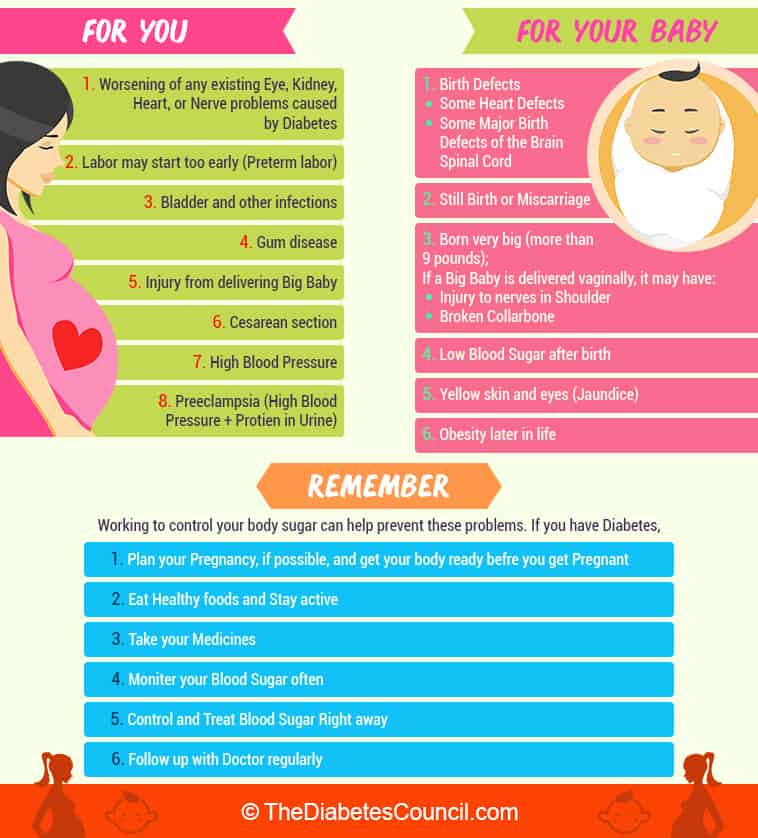
What Can You Do?
Many pregnant people frequently see their doctors for prenatal care. These doctor’s visits can be an opportunity to discuss what is going on in your relationship. Whether or not you choose to tell a professional about the abuse, or how much you choose to disclose, is completely your choice. However, the doctor’s job is to focus on the wellbeing of you and your child, so this could be a safe time to talk about any concerns.
If your partner goes to these appointments with you, try to find a moment when they’re out of the room to ask your care provider (or even the front desk receptionist) about coming up with an excuse to talk to them one-on-one. The doctor’s office can also be a quiet place to make a phone call to The Hotline. If you’ve decided to leave your relationship, a health care provider can become an active participant in your plan to leave.
Additionally, under the Affordable Care Act, all new and non-grandfathered health plans must cover screening and counseling for domestic violence — considering these to be preventive care services.
Here at The Hotline, our advocates are also available 24/7 to help you plan how to stay safe during your pregnancy — both physically and emotionally. Physical safety planning could include tips for when the fighting starts, for example, such as protecting your abdomen and staying on the bottom floor in a house with stairs.
Pregnancy can be a challenging time, and it can feel hurtful if your partner isn’t being supportive, is putting you down or physically harming you. It’s important to develop ways to take care of yourself during such an important stage of your life — and we can help.
Answers shouldn’t be hard to find.
We're here to help!
- Call 1.800.799.SAFE (7233)
- Chat live now
- Text "START" to 88788
Visit our page for Privacy Policy.
 Msg&DataRatesMayApply. Text STOP to opt out.
Msg&DataRatesMayApply. Text STOP to opt out.
“Why didn't you run away? You should have jumped out the window! How do Russian women who gave birth to a child after rape live?: Society: Russia: Lenta.ru
Pregnancy as a result of rape is one of the reasons why abortion in Russia is allowed even at a later date. At the same time, many US states are systematically banning abortions, even for rape victims. The pro-life movement, for which the fetus is already a living person, insists that “the child is not to blame” and in any case it is impossible to kill a creature in the womb. The Russian Orthodox Church is of the same opinion - in 2021, the chairman of the department for external church relations of the Moscow Patriarchate, Metropolitan Hilarion of Volokolamsk (Alfeev), stated that even if a girl became pregnant as a result of rape, this is not a reason for having an abortion, but born from a rapist the child allegedly brought happiness to many of his wards.![]() Can a child born as a result of violence actually bring happiness, what does pressure from relatives lead to and how does the experience of sexual violence affect a woman? To find out, Lenta.ru spoke with a Russian woman who succumbed to persuasion and kept the child, as well as with crisis and perinatal psychologists.
Can a child born as a result of violence actually bring happiness, what does pressure from relatives lead to and how does the experience of sexual violence affect a woman? To find out, Lenta.ru spoke with a Russian woman who succumbed to persuasion and kept the child, as well as with crisis and perinatal psychologists.
Hero names have been changed.
Ekaterina, how old were you when you were raped? How did it happen?
I was 18 years old and worked as a supervisor. I had several promoters under me, and my rapist was one of the promoters. I came to him to pay my salary. I don’t remember why he didn’t come for her himself, but it doesn’t matter. Moreover, we often went to our guys home. Sometimes, they gathered at the apartments to discuss some issues. For us, it was okay. I went to him without a second thought at all.
I arrived, we talked about work, and when I started to get ready to go home, he closed the door with himself and said: “You're not going anywhere, we haven't finished yet. ” I say, they say, open the door, I told you everything. And he - no, I will not let you out. Locked the door, pounced and everything.
” I say, they say, open the door, I told you everything. And he - no, I will not let you out. Locked the door, pounced and everything.
Was he sober?
Sober. And very large. I couldn't deal with him. I was a fragile girl - I weighed 50 kilograms with a height of 170 centimeters. I couldn't even resist. At first I tried, but it didn't work. Plus, I had no way to go out, none at all. And she pulled herself out and called for help ... All this went on for about four hours. I barely made it out alive. She did not write a statement to the police.
Why did you decide not to apply?
First, I was ashamed. Secondly, it was scary, suddenly they would not understand. Are we as usual? You are the one to blame. Since this happened, it means that she herself came and herself gave a reason.
Did he show any signs of attention before?
No.
Nothing at all foreshadowed?
Absolutely.
And he gave the impression of an adequate person, since you went to see him?
An absolutely decent young man, studied at the Naval Academy. And with other women in the team, he behaved like a restrained well-mannered boy. No one even thought that such a situation could happen at all. He has a good family: his father is a military man, his mother is a doctor. And the son was a monster.
And with other women in the team, he behaved like a restrained well-mannered boy. No one even thought that such a situation could happen at all. He has a good family: his father is a military man, his mother is a doctor. And the son was a monster.
If he comes from a good family, maybe he tried to atone for his guilt later?
No, I just forgot. We didn't even talk afterwards.
How did you find out about the pregnancy?
Almost immediately. Literally three weeks later, menstruation was supposed to begin, but this did not happen. I immediately understood everything. Did a test and made sure.
I immediately wanted to go and terminate the pregnancy because I didn't need it at the time. In addition,
obtained in this way But my tyrannical mother guessed that I was pregnant. We always had periods plus or minus at the same time. Mom noticed that I had a delay, and said: “And you are probably pregnant.” And I confessed. She asked what I would do. I replied: I want to have an abortion.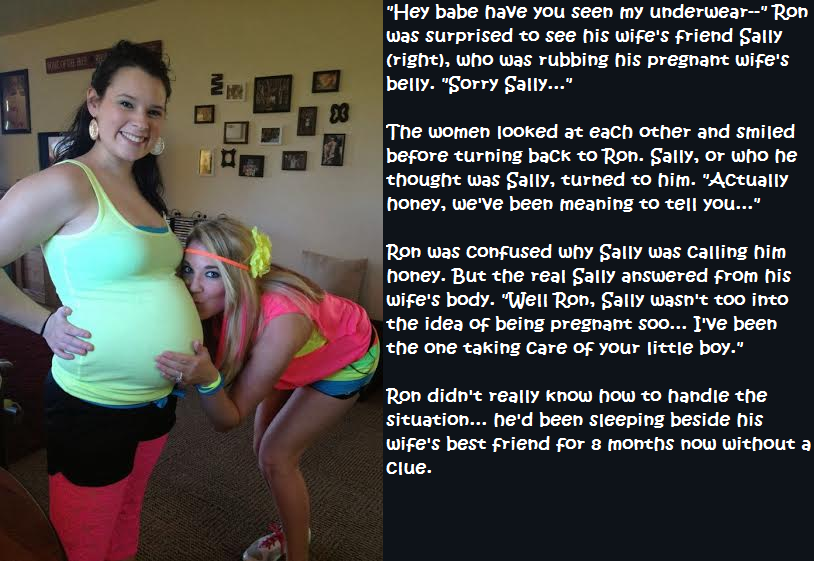
The mother, on pain of death, insisted that the child stay. If I disobey, I threatened to write me out of the apartment and deprive me of everything. She said: “Don’t you dare do anything with this child, otherwise you will stay on the street.” She was going to raise the child herself. She said: "God is giving me a second chance to correct the mistakes I made with you." So many years have passed, but I have remembered this phrase for the rest of my life. Mistakes with me! With my upbringing!
Photo: Ben White / Unsplash
Did you tell your mother it was rape?
Of course. She said that the child came to atone for mistakes. His soul is completely innocent, it cannot be killed. The child is not to blame for anything, the child should be.
And the way she accepted the fact of rape... I have a friend who was also raped. Only she was lucky - she did not become pregnant. So, her mother immediately took her to doctors and psychologists, was there, constantly supported.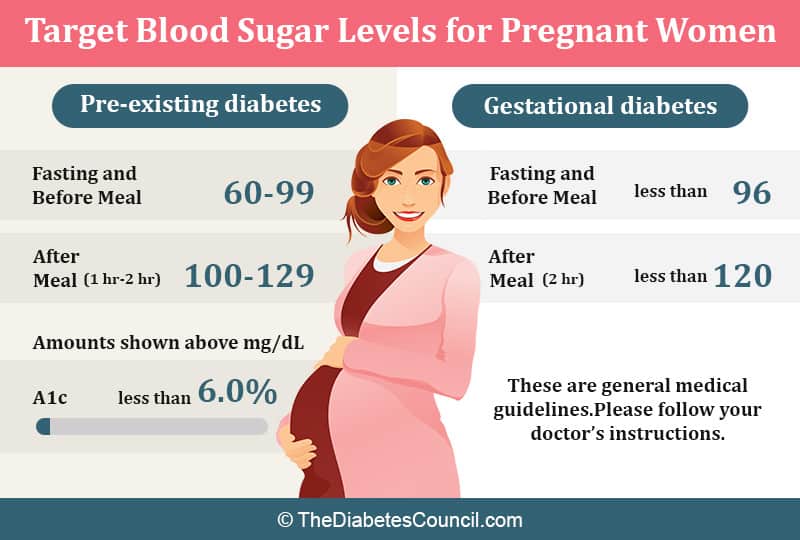 And they went through this period together. And I, in fact, was left alone.
And they went through this period together. And I, in fact, was left alone.
When I told my mother, she didn't even care, didn't care. She just said, "It's my own fault. Why did you go? Why didn't you run away? You should have jumped out the window! Yep, out the window. From the sixth floor!
But she didn't care. She saw it this way: she went to the peasant, he attacked, I didn’t shout loudly enough for the neighbors to come to the rescue - well, it’s my own fault. She screamed badly, since no one saved her.
Was it absolutely impossible to have an abortion?
Mom might have reacted inappropriately. She beat me from early childhood, and now she can swing. Although I am, for a moment, already 33 years old. Before, she was merciless. And I'm even afraid to imagine what would happen to me.
And the father?
There was no father. He first left her, and then ****** [committed suicide]. I was then only three years old. Both my mother and him put a lot of pressure on my father.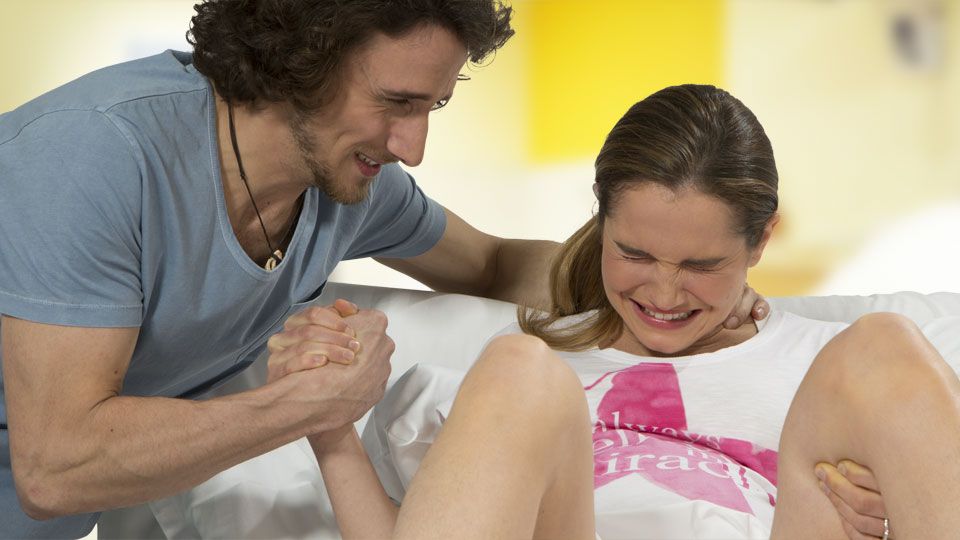 They tore him to pieces, and he, it seems to me, simply could not stand it.
They tore him to pieces, and he, it seems to me, simply could not stand it.
When you were pregnant, could she still hit?
She was out of control. Her aggression always poured out on me, no matter what happened. Either I did something wrong, or someone stepped on her foot in the transport, or something doesn’t work at her place of work. She always came and took out her anger on me.
While I was pregnant, she could both hit and scream. And the pregnancy itself, not only was it unwanted, it took place in a very nervous atmosphere. I thought the baby would be born with complications.
I didn't want him during my whole pregnancy. I deliberately didn't follow the doctor's advice. Moreover, I even jumped from the closet and ran up the stairs - in the hope that, perhaps, it would spontaneously pop out somehow already ... It didn’t jump out.
Photo: Alexander Grey/Unsplash
According to British researchers, sexual abuse often causes women to drink and use drugs during pregnancy, knowing that it can harm the fetus.
I have always been very careful about alcohol and drugs. I'm afraid that I can fall into this abyss and never get out again.
Pregnancy was already very difficult from the first to the last day. I've been in storage three times because of the threat of a miscarriage. However, if this did not create a risk for my health, I probably would not even seek medical help. I was in a state of complete impotence, I was constantly sick. I couldn't ride in transport, I couldn't eat anything. I lost weight to the point that I was diagnosed with anorexia during pregnancy.
How was the birth?
It was the first birth, it was very difficult. I was rolled from one hospital to another. In the first they said: "You have three days to give birth, and we close for airing." She did not give birth to the child. They were transferred to another hospital. The fights have already begun. I tell the nurse, "I think I'm having a baby." She says: “Nothing, we all give birth here, be patient. ” There was a wild, unbearable pain. I wasn't ready for how it would all turn out...
” There was a wild, unbearable pain. I wasn't ready for how it would all turn out...
Nobody talked to me, after all. Nobody told me that at first it would be so painful and that it had to be endured. If my mother would talk to me like a daughter and prepare me for how this will happen, I would not be so scared.
Photo: Evelyn Hockstein / Reuters
I was screaming from the first minute, asking for an epidural, for anything. I was told that epidural anesthesia costs seven thousand. And they said: “Call your mother, if your mother pays, then we will supply you, no, be patient.”
And he was also born big - four kilograms, 65 centimeters. Considering how much I weighed then, I had several tears, I was stitched up. After childbirth, these gaps began to fester. I spent the first three months of this child's life in gynecology, in the LCD I constantly treated the whole thing. Hard. I thought that I would never want more children in my life.
What was your first thought when you were shown the child?
I didn't even look at him. Although they told me: “Oh, look, what a wonderful boy.” I didn't look. There was such a strong feeling that it was not mine and that this was not happening to me.
Although they told me: “Oh, look, what a wonderful boy.” I didn't look. There was such a strong feeling that it was not mine and that this was not happening to me.
At that time I did not feel like a mother, and throughout my pregnancy I lived with the feeling that this was someone else's. This is my mother's, this is not mine, and I don't need it
When I gave birth, I remember I was so ashamed that it turned out to be a boy. I was afraid to even call my mother and tell about it. During pregnancy, the sex of the child was not visible, and we did not know who would be, but she was sure that it was a girl. And I was so afraid of her anger ... I called her a few hours later and in a trembling voice I say: "Boy." And she happily: “Well, good! Healthy? Ten fingers? And I didn't even know. I didn't look at him.
Was the mother not present at the birth?
No, she only came to pick us up with the baby. I remember this scene: they carry out a baby to her, they ask: “Who is the father?” She says, "I am the father. " She took him, immediately gave a name, without discussing with me, - Andrey. And at home she told me: “Now you are sitting with the child, and I provide for the family.” And this despite the fact that I had no milk from the word at all. Neither in the hospital it did not appear, nor in the future. Absolutely nothing. I say, “I can't babysit. Not only do I not want to approach him, I want to kill him.” I really couldn't see him. And I still can't. She: "No, I said everything." It's useless to argue.
" She took him, immediately gave a name, without discussing with me, - Andrey. And at home she told me: “Now you are sitting with the child, and I provide for the family.” And this despite the fact that I had no milk from the word at all. Neither in the hospital it did not appear, nor in the future. Absolutely nothing. I say, “I can't babysit. Not only do I not want to approach him, I want to kill him.” I really couldn't see him. And I still can't. She: "No, I said everything." It's useless to argue.
She came home from work and said: “Well, son? Mum has come home".
Maybe I would have loved this child if my mother had helped me accept what happened. And she never discussed it with me. She moved away from this topic. But with a child, she immediately began this song: “I am a mother, I will raise a child. Me, me, me."
One day she went to the pharmacy. I fed the baby, left him in the crib and left. And since then we have not lived together. The child stayed with her.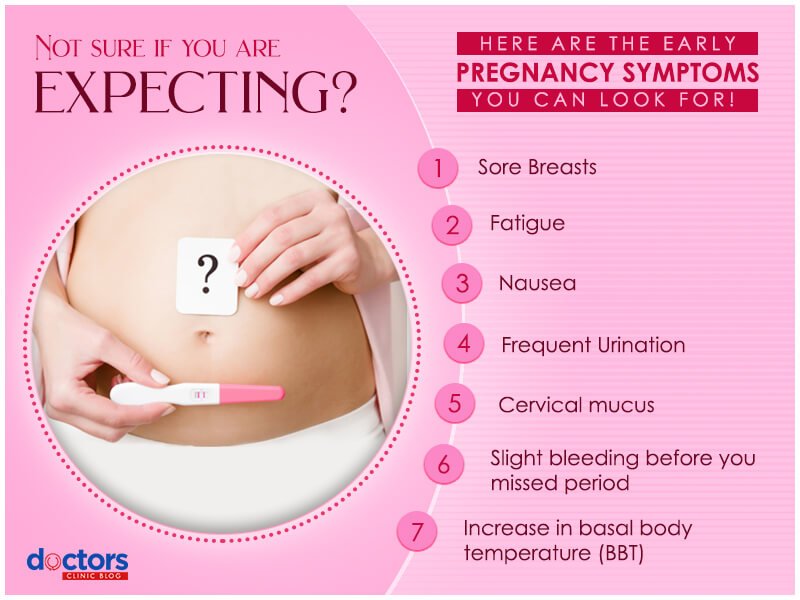
His father never showed up?
No. He is aware that his son was born, but there was no reaction.
Total ignore?
Complete. I haven't seen him since the rape.
Did the mother ask about the child's father?
I asked. She demanded that I write to him, call him. I tried to convey to her that he did not want to talk to us. She said: “If you need it, go to the police, establish paternity, but without me.”
At that time I was still so stupid, small. I thought I should tell my mom. Now I understand that, probably, nothing would have happened if I could have done all this quietly. Or maybe she would have beaten me to resuscitation. Easily. Because she punched me in the head several times. I don't know what would have happened. But I know for sure that I would not stay with this child.
Photo: Pavel Lvov / RIA Novosti
How long did it take you to recover?
Three years later I gave birth again. But all these three years I was very ashamed, I always wanted to return.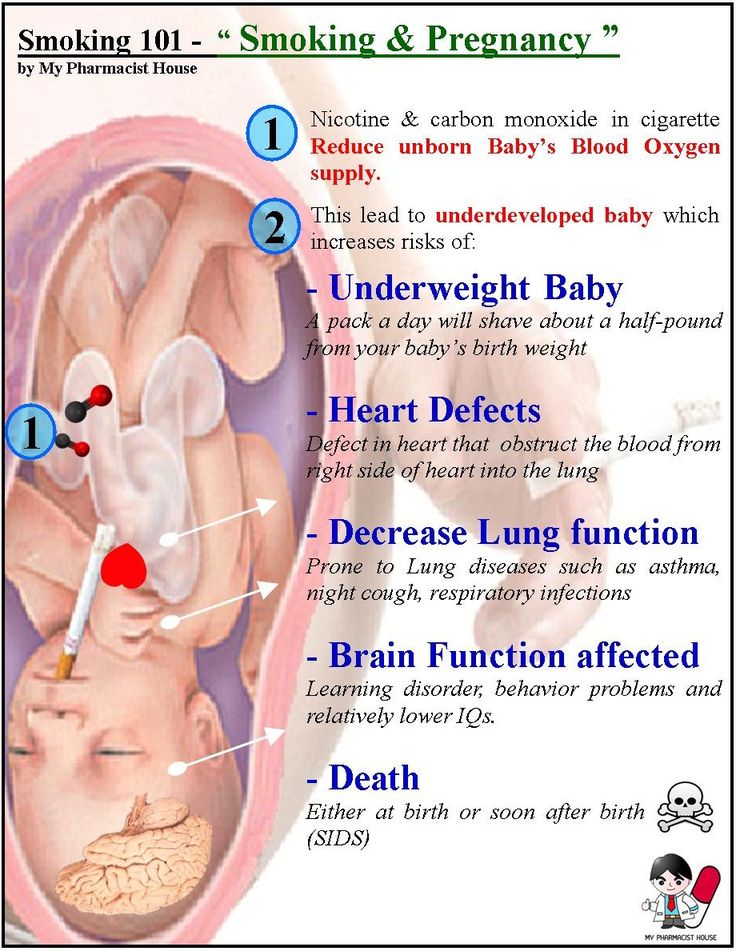 I felt like I had to be there. After all, I have a very developed maternal instinct since childhood. Even at career guidance at school, they prophesied that I would go to work as a nanny or teacher. I easily find contact with children, I love them very much. And I was hungry: how is there a child alone? I need to go back, I need to help my mother, I need this, I need that ... I lived with this feeling of guilt all the time. In fact, I always seemed to be to blame for my mother - that I was born, that I ruined her life, that I did not become what I should have been. And then she threw the baby to her.
I felt like I had to be there. After all, I have a very developed maternal instinct since childhood. Even at career guidance at school, they prophesied that I would go to work as a nanny or teacher. I easily find contact with children, I love them very much. And I was hungry: how is there a child alone? I need to go back, I need to help my mother, I need this, I need that ... I lived with this feeling of guilt all the time. In fact, I always seemed to be to blame for my mother - that I was born, that I ruined her life, that I did not become what I should have been. And then she threw the baby to her.
Soon she began to complain that she was sitting with this child all the time, and that he, at two or three years old, threw tantrums at her. She said how hard it was for her, screamed that she could not cope with him. She even threatened to send him to an orphanage.
These three years were very difficult for me. I tried to distract myself, but all the time when I looked at small children, I thought: “But I have the same one growing.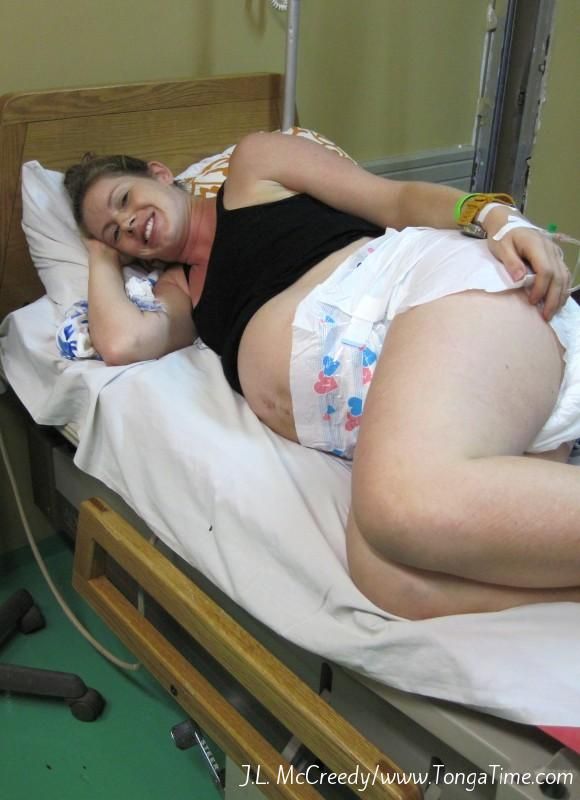 Yes, he is not with me, but he is growing. He is just as pretty, he takes the first steps. This was eating me up.
Yes, he is not with me, but he is growing. He is just as pretty, he takes the first steps. This was eating me up.
I ended up getting married. The wedding was in 2010, and in 2011 I already gave birth to a child. Right away, right off the bat. My husband did not understand where I was in such a hurry. And I just needed this child. I had to give my maternal warmth.
When the child was six months old, we divorced.
Hurry up with marriage? Was the man not the same?
The man was not the same, that's for sure. I thought I could fix it. When the child was born, I believed that he would come to his senses, stop drinking, and we would be happy... No. It was impossible to fix it. Before me, no one could fix it for 30 years. He is what he is.
Nothing is ever great with such people. We must turn around and leave
When the child was four months old, I sat down, looked around me and thought: the child will grow up and what will he see? Drinking dad? The same drinking grandmother behind the wall? How is everyone always yelling and cursing? I decided no, I don't want to.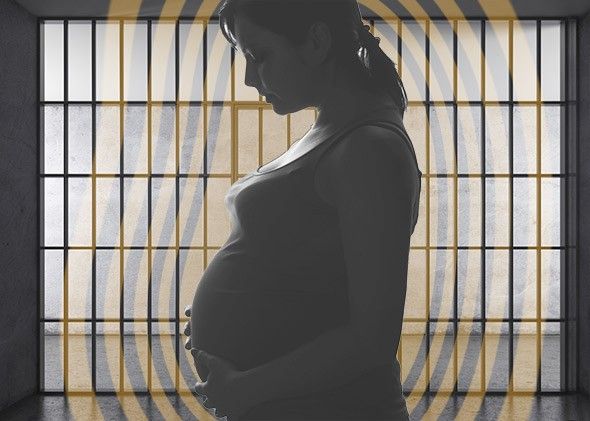 She took the child and left.
She took the child and left.
They still drink, both he and his mother. They last saw the child when I left with things. He was then six months old. He turns 11 this year.
How did you meet your second husband?
On the Internet. On the classifieds site.
It seems to me that only perverts write there...
Can you imagine, and I was leaving for the dacha then and threw an ad with my photo there and wrote: “A young mother with a small child is looking for a Russian dad, preferably with hands, with a job , with a head that will not be afraid and will be ready to come to a meeting 70 kilometers from the city.
Of course, I never thought that a husband could be found on an ad site. It was a completely spontaneous decision. Where else could I look for a man? On dating sites? So there are some defective ones. Where to go? I have a small child in my arms. And I found it on the ad.
At first we corresponded for a month. A month later, he said: "I can't take it anymore, I'm going. " I say, they say, there is nothing, I have a small child. He asked me to write a list of what to buy. On the first date, he came to my dacha with four bags from the supermarket. He came, met, he lived with us for three days. And at that time I was still officially married. He left, and then he calls and says: “That's it, I decided everything for myself, I'm coming back and living with you. Everything suits me." It was June.
" I say, they say, there is nothing, I have a small child. He asked me to write a list of what to buy. On the first date, he came to my dacha with four bags from the supermarket. He came, met, he lived with us for three days. And at that time I was still officially married. He left, and then he calls and says: “That's it, I decided everything for myself, I'm coming back and living with you. Everything suits me." It was June.
Did he really want a family?
I don't know why it got so twisted. I asked him why he returned? What attracted you so much in this thin aunt, and even with a child? I weighed then 47 kilograms, I was malnourished.
We have been married for more than ten years. And for ten years he says he doesn't know why he came back. He was very attached to his grandmother - she, in fact, raised him. He says I'm the spitting image of his grandmother.
Already at the end of July I found out that I was pregnant again. I told him we were probably in too much of a hurry. He waved his hands: “No, no, let there be a child, a child is very good.” So I had another boy.
He waved his hands: “No, no, let there be a child, a child is very good.” So I had another boy.
Photo: Shutterstock
My first child started calling him dad almost immediately.
So many years have passed, and my life has turned out completely differently than I imagined. I am an elementary school teacher by profession. I have three children - in the current marriage, then another boy was born. He is now seven years old, the middle one is nine, the oldest is ten. And I fight for them all the time. Either I get an apartment as having many children, then I restore my residence permit. My mother still discharged me when I left.
While I was getting an apartment, while I was putting my children in kindergarten... I have a completely different attitude towards them, not like Andrei. When he comes with his mother, I do not perceive them.
I look at him and he pisses me off. He just irritates me to such an extent that it is indescribable. He is very similar to his father
When he was five years old, his mother had to go somewhere and asked to sit. I could not. As agreed, I came to look after him, but neither sincerity, nor sentimentality, nor any desire to approach the child - simply because he is a child - I have in relation to him.
I could not. As agreed, I came to look after him, but neither sincerity, nor sentimentality, nor any desire to approach the child - simply because he is a child - I have in relation to him.
My mother forbids my children to call her grandmother, because she doesn't seem to have any grandchildren. However, she can afford to tell them that Andrey is their brother. Children do not understand this, because I did not tell them anything.
Say, you are not her daughter and these are not her grandchildren?
Yeah. She never helped me with the children. But they are the weather, it was hard for me. Especially with the middle one. She took absolutely no part in our lives. At the same time, she now regularly calls me and complains about that child. He asks me to influence him in some way. Either he will climb into someone else's car and rob, then he will drag sweets from the supermarket, then he will swing at her and say: “Get out of my apartment.” He was born in 2008, he is now 13 years old.
And how does she manage to correct her mistakes, didn't you ask?
I asked. She says: “Yes, I bring him up differently.” Don't bark at him like you do at me. He is a guy. With its own characteristics, with its own character. She can't hit him, he can hit her back. Once this already happened: she tried to tell him something, and he began to twist her arm and almost broke it.
And she still talks to me like that. We met in January, and she swung at me when she saw the tattoo on her arm. “Well, everything,” I say, “I went home.” She is a very difficult person. We hardly communicate with her.
Nobody understands my mother. How can you treat your child and your grandchildren like that? I try to abstract, but it's very hard. For so many years she nurtured a sense of guilt in me! You can't erase these years.
I am currently working with a psychotherapist, working through all these points in order to cut off the umbilical cord forever. Because until now, if she calls, despite what she did to me, I will sit, listen, sympathize.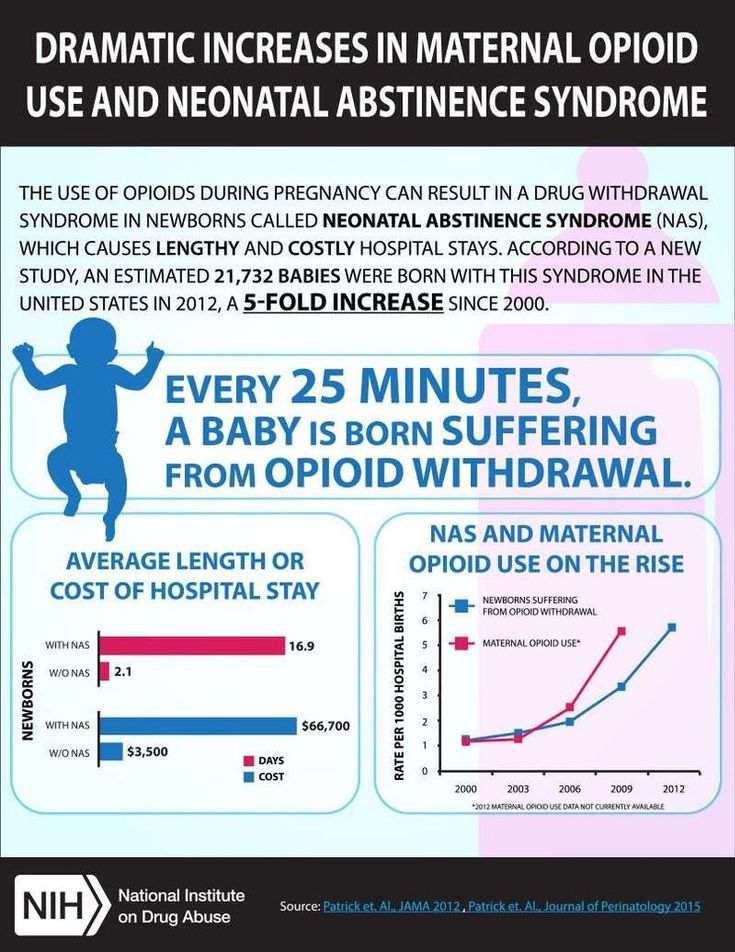 And you don't have to do it. You need to let her go in peace from your life with this child and that's it. But I can't be alone.
And you don't have to do it. You need to let her go in peace from your life with this child and that's it. But I can't be alone.
Photo: Shutterstock
Do you still feel guilty? This is hardly what a woman should feel after being raped.
Mom keeps making me feel guilty. She even sent Andrey to Sunday school so that he allegedly atoned for the sins of his parents. Mine that is. And I, according to her, will not succeed in life until I atone for my guilt before the child. “You are a biological mother, you should be there, you should support him ...” No, you should not. I don't think so.
Once my mother and I got into a big fight, and I reminded her who wanted this child so much. I did not want. And those children whom I wanted and whom I love, they are all with me. I didn't give anyone away. I take care of everyone, I accepted them all, they all live with me. But I didn't want this baby. And she can’t even imagine how difficult it is for me to contact him in principle.
Yes, I can't look at him! I'm disgusted by this
But from her point of view, this is wrong. You never know how it happened, the child is not to blame for anything. And I also perfectly understand that he is not to blame for anything. And I offered to leave him in the hospital. He was small, pretty, brown-eyed. He would have found a wonderful family. He, oddly enough, was born perfectly healthy. Also a big one. But I was forbidden to do it! They told me to bring it home. I brought. Now she says it's hard for her. Of course, he enters the puberty, shows his character, shows his masculine "I". It's in his father, I think. He is all like his father - strong, broad-shouldered.
By the way, my mother didn't know that Andrei's father studied at the Naval Academy. And, not knowing about it, she sent Andrei to a naval school. When I found out, my jaw dropped. She says: “He is so strong, tall, if only he could become a sailor!”
Some kind of mysticism...
And he studies well. He likes.
He likes.
But I can't perceive it. He doesn't seem to have done anything wrong to you. But at the same time, he crossed out my whole life to me.
Mom is now also reaping the benefits. She became very seriously ill. She was diagnosed with oncology in the female part. It seems to me that the karmic rollback has gone on for all these years.
And Andrei is as healthy as a moose. Mom got her little tyrant. The same as herself.
Doesn't look like you at all?
He even looks more like her than me. I look like my father and he looks like her. This is absolutely not my baby. We don't look like him. You look at us and you can’t say that we are blood relatives. And very well. It's so much easier for me to accept it. For me, this is her child. And when my children ask why she says that this is their brother, I explain that this is her son, and she is our common relative. I don't think it's necessary to explain the whole situation to them. They don't need this information at all. And then, when he grows up, he will go his own way.
And then, when he grows up, he will go his own way.
Photo: Shutterstock
Don't you think it's necessary to tell them about how he appeared? So that they know how a man should not behave with a woman.
Dad talks to them about this. I told my husband about this situation when the youngest was a year old. That is, not immediately. I wasn't ready before.
He was in shock. He said, of course, it was necessary to write a statement, but since my mother was not around, then everything was expected. He understood everything. And I also understood a lot about our relationship. For example, intimate life is completely unimportant for me. If before the rape for me sex was something intimate, some kind of union between two people, then after that it became just the satisfaction of physical needs, and even not mine. I don't even have a need. This is another reason why I turned to a psychotherapist.
Does this bother your husband?
Before I told him, it was annoying. He didn't understand what was happening to me. He felt that I was physically moving away from him.
He didn't understand what was happening to me. He felt that I was physically moving away from him.
If I had gone to a psychotherapist in hot pursuit, many consequences could have been avoided. Perhaps even the first marriage could have been avoided. Although I don't regret it. I have a beautiful child from this man.
But the main thing is that after the rape, my self-esteem dropped a lot. I started to hate myself. There was a terrible dislike for myself, for my body.
I couldn't look properly in the mirror. And I still can't love myself
Although my husband constantly compliments me, says how good I am, what wonderful children we have. I don't take his words. When he says that, I stop him.
According to the doctor, right now I am in a state of severe depression and increased levels of anxiety, so for now we are removing this condition in order to move on.
There are no hopeless situations. After all, I'm not the only one. A lot of people are just silent.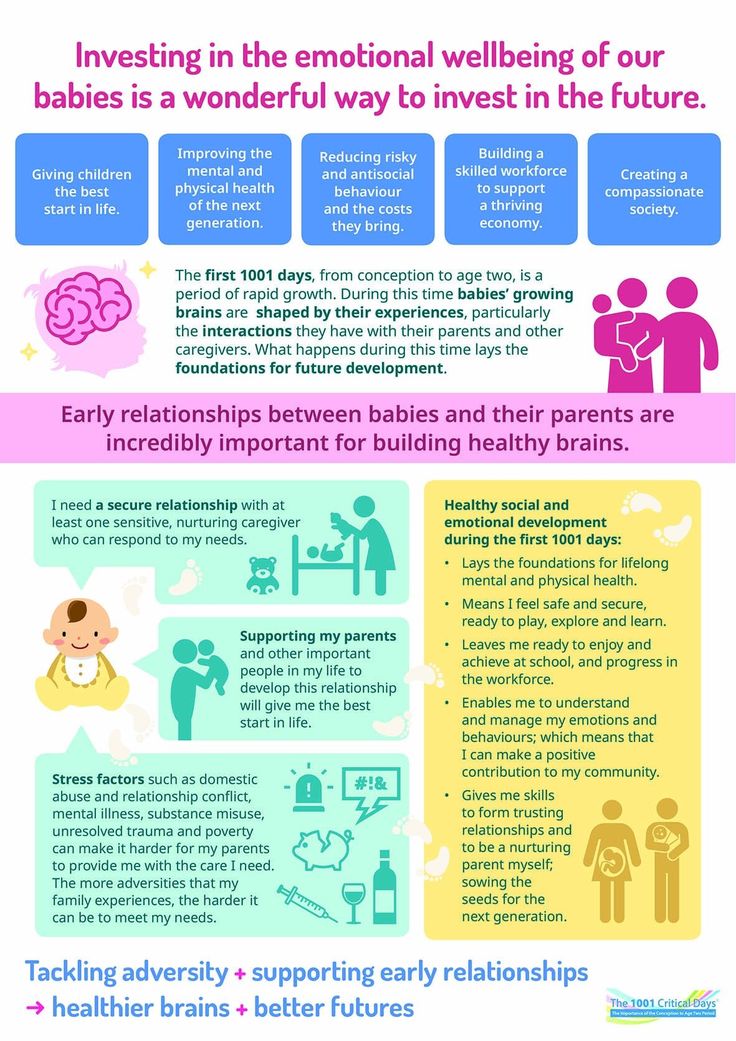 And it's very hard to accept that this happened to you. You always think that this can happen to anyone but you. And when this happens to you, your whole world changes, turns upside down. But there is always a way out. It's good that this happened to me at 18, and not at 14. I was no longer in puberty. At 18 you already have your own life, work. You feel like you have some sort of authority. And then once - and everything breaks. You no longer have any authority. You are just being used. He wanted it, he used it. Throw it out and move on.
And it's very hard to accept that this happened to you. You always think that this can happen to anyone but you. And when this happens to you, your whole world changes, turns upside down. But there is always a way out. It's good that this happened to me at 18, and not at 14. I was no longer in puberty. At 18 you already have your own life, work. You feel like you have some sort of authority. And then once - and everything breaks. You no longer have any authority. You are just being used. He wanted it, he used it. Throw it out and move on.
Anastasia Maskaeva, crisis psychologist at INGO. Women's Crisis Center:
It is just as possible to get pregnant after rape as it is after consensual sex if no contraception has been used. The opinion that in stress a woman cannot conceive a child belongs to the category of myths. Although many believe that if some physiological changes occur, then the woman herself, as it were, wants it. In fact, this does not depend on the desire of the woman and in no case can it be an argument that the victim of violence herself wanted or did not resist enough.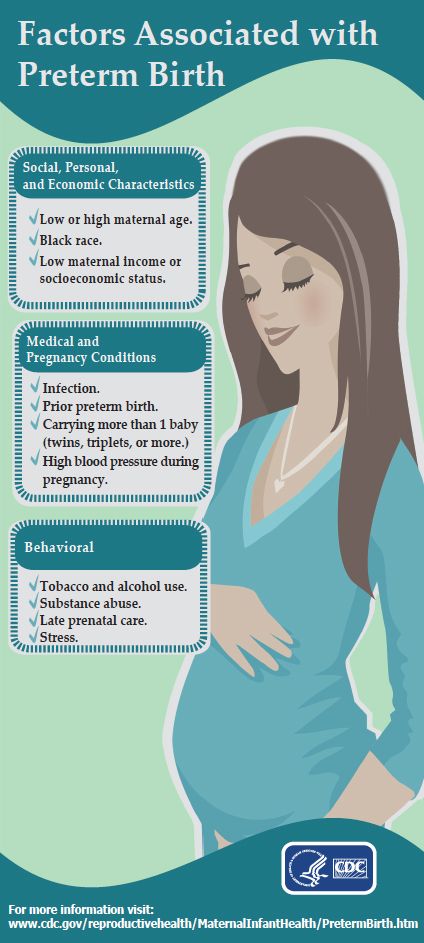 This is also all from the category of myths that can be difficult to disprove, because the topic is extremely taboo. And this adds to the difficulty in getting help, because the victims of violence are subjected to strong condemnation from society and sometimes do not find the strength even to make an anonymous call to the crisis center.
This is also all from the category of myths that can be difficult to disprove, because the topic is extremely taboo. And this adds to the difficulty in getting help, because the victims of violence are subjected to strong condemnation from society and sometimes do not find the strength even to make an anonymous call to the crisis center.
The instrument of accusation is used by both those who commit violence and those around them. This may be due both to very strict stereotypes and requirements for a woman, and to insufficient awareness of what mechanisms exist in general. Often, victims of violence are asked how they were dressed, whether they drank or not, why they did not call for help, and so on - these are investigative questions that do not help, but, on the contrary, make a woman feel guilty after having happened to her. Whereas in a situation where physical security has been violated, a woman first of all needs support. And support does not involve investigating how it happened and why. Therefore, very often a woman who has experienced severe violation of her physical boundaries and coercion is isolated from support.
Therefore, very often a woman who has experienced severe violation of her physical boundaries and coercion is isolated from support.
Photo: Alexander Ryumin / TASS
In other words, attempts to investigate and condemn women discourage them from seeking help, although in the case of sexualized violence, help is needed in a variety of ways: psychological, legal, and, most importantly, medical. Moreover, medical assistance is needed in the shortest possible time. This is a health issue.
The reaction of the psyche to stress can be different for everyone, as it is associated with a situation of threat to physical security. At this moment, we do not choose the reaction - this is a protective reaction of the body, which occurs by itself. Most women who experience sexualized violence experience a defensive reaction of "tonic inhibition" at the time of the attack, in other words, "freeze, play dead, don't move."
Therefore, when victims of violence are asked why they did not fight back, they cannot answer, because in fact they defended themselves, only the defensive reaction was to freeze
According to a study by Swedish scientists, 70 percent of women, and 48 percent talked about an extremely high degree of tonic inhibition during an attack.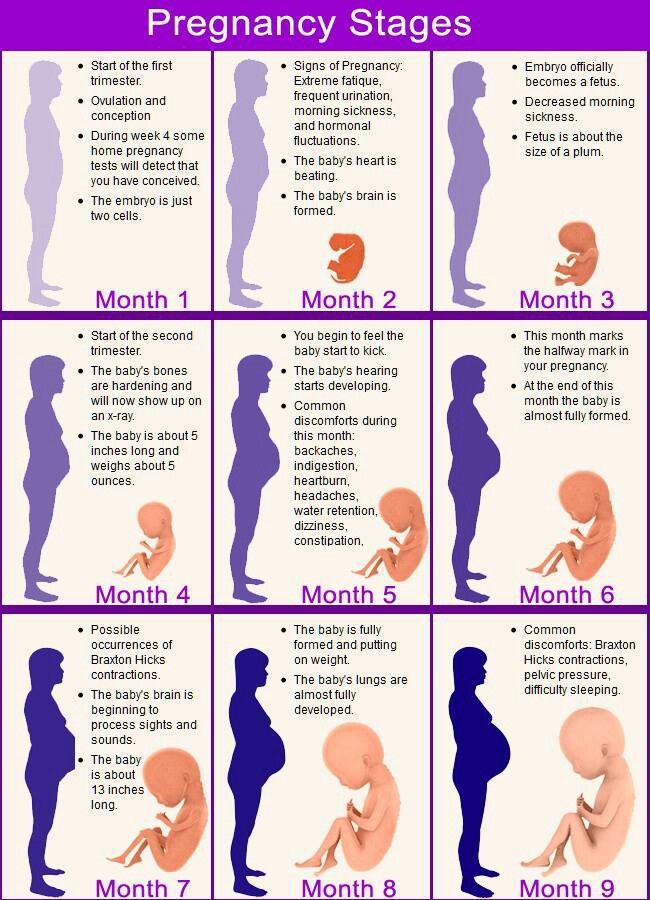
Such a reaction can be delayed and continue even after rape, which, of course, affects the timing in which a woman learns about pregnancy and decides what to do with the fetus. According to American scientists, 32.4 percent of women did not know that they were pregnant until they were in the third trimester. That is, if a woman was constantly faced with condemnation, could not calmly tell anyone about what happened to her, and receive careful help, such a situation may happen that she will not even know about pregnancy until her ability to make a choice is practically zero.
If pregnancy occurs, a woman can make absolutely any decision, the choice is hers alone: it can be an abortion, or placement for adoption, or keeping the child. The main thing in this situation is the woman herself, what choice she herself will make for herself, for her body, for her life. Whether a woman will be able to give birth to and accept a child from a rapist - in my opinion, depends on the way the woman recovers and on the amount of support she receives.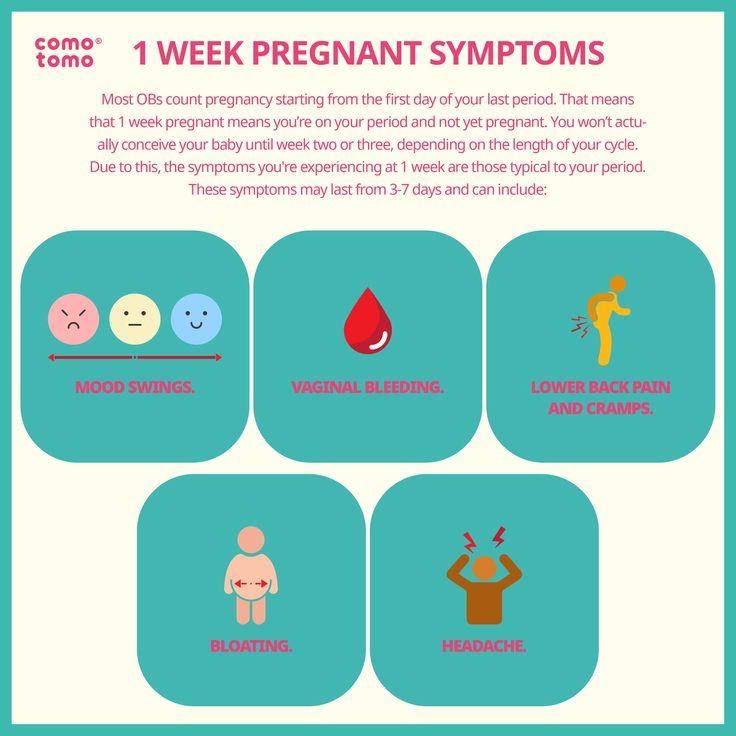 Because the experience of violence leaves strong consequences. In turn, pregnancy and the birth of a child is also a very complicated story.
Because the experience of violence leaves strong consequences. In turn, pregnancy and the birth of a child is also a very complicated story.
Photo: Yuri Figueiredo / Unsplash
Reproductive violence after experiencing sexualized violence is not an option. When dissuading from an abortion, it is important first of all to see a living person who has a feeling and the ability to make decisions. And at the moment when an intensified planting of some opinion begins, it turns out that we devalue a living person, turning, in fact, into an object. It is very important that the focus of the story remains the woman herself with her right to vote. Violence itself takes away this right, because violence implies the use of power, suppression. And it turns out that a woman has already experienced this experience, when she was forced to do something, and then this experience of coercion returns to her again, only in a different matter.
The best contribution to a woman's recovery from rape is support for any decision she makes. Anyone. The main thing is to once again give a woman the opportunity to make a choice: with whom to talk and with whom not, what to eat, what to do. A survivor of violence needs to feel that she has a choice and that her choice will be heard.
Galina Filippova, Doctor of Psychology, Rector of the Institute of Perinatal and Reproductive Psychology:
Forced and, let’s say, not very love pregnancies are always a very strange story in the sense that such children are born well and are born completely healthy. I have my own metaphorical vision of this situation. Perhaps these children had no other way to come into this world, and they know what is ahead of them. After all, it's amazing how difficult it is for some women to make it so that they get pregnant, so that the child is born normally. When we work with infertility and miscarriage, there, as they say, blow on these girls, and the pregnancy is terminated. But these children, oddly enough, are not going to go anywhere and are born healthy, despite their mother's stress and even attempts sometimes to do something during pregnancy. This is the mystery of nature.
In general, we don't have any kind of conceptions. It has little effect on the child. But pregnancy also affects how. And we can imagine how stressed the woman was during these nine months. Of course, this had an effect on the nervous system of the child. And, of course, the child will have problems, especially when he was born and no one needed him.
The child is really not to blame. But what good can we expect from poor women who are forced to terminate their pregnancy and to whom everyone around says: “You are to blame, you got pregnant, you don’t want to give birth”?
To dissuade a woman from having an abortion or giving up a newborn is for you. For this we have funds and special people. And then what? No one understands, why is she doing this? She is not ready for motherhood and cannot fulfill it on the conditions that she has. Who is working with her? Who is in charge of changing its conditions? There should be special patronage and programs that offer both psychological, social and financial assistance. Then something will move.
There are such programs in Western Europe and America, but not in Russia. Although the programs are good. In them, women who are not ready for motherhood can turn to special crisis centers during pregnancy. In America, they are offered adoptive parents right during pregnancy. And not only that, they can also choose among them. In European programs, such women will always be provided with assistance - in bearing a child, in childbirth, in post-natal care. And there are options: she can stay in the crisis center and try to adopt the child, or she can immediately give it to adoptive parents. That is, first a woman is supported and it is determined whether she is able to accept a child at all, and if not, then adoptive parents are already provided.
Photo: Shutterstock
In our situation, if a woman is ready to endure and give birth after rape, then it is better to write a refusal - then the child will be born and can be adopted, and the woman will not turn on and be able to live her own life. I met situations when women who saw a newborn baby for the first time, something switched, they no longer wanted to give it away. And this happens, although infrequently. And these women still need support.
Both abortions and refusals - most often from hopelessness. Very rarely is this position: I have everything, but I don’t need it. As a rule, we deal with difficult life situations: problems with parents, difficult relationships with a partner, lack of money. Well, psychological unwillingness to take on motherhood.
It is unethical to approach a woman with advice not to terminate a pregnancy. Psychologists who are engaged in pre-abortion counseling should not persuade, but analyze the life situation of each particular woman and analyze whether she needs an abortion or not. Such psychologists should also make sure that the woman does not succumb to someone else's persuasion and does not give birth against her will, in order to later kill this child, as happened recently in Chertanovo.
“I felt like I was raped”: what is obstetric violence and why does it happen. Part 1. Pregnancy
144 234
For parentsA person among people 0317
Maria , 27 years old
I got pregnant at the age of 26. My older sister also gave birth at this age, but in a small town, and told how doctors called her "old-timer." They lamented that at her age it’s better not to give birth at all, otherwise you never know what kind of child will be born, that there should already be at least one, people follow the second. I was afraid that I would face the same attitude, but in most cases no one commented on my age - maybe because I look quite young.
For the first time, I saw imperfections as soon as I came to register for pregnancy at the antenatal clinic (LC). Before that, I went to another medical institution, where I liked everything, but it became inconvenient to go there. By law, a woman has the right to attach herself to absolutely any LCD, without permanent or temporary registration in the area. However, at the reception desk, the employees were rude, refused to process the documents and sent to be attached at the place of registration. As a result, I was able to register in this residential complex only through an online application.
I did not know who my district obstetrician-gynecologist was, so I chose the first one I came across, who worked at a convenient time. When I came to the first appointment two weeks later, the medical registrars scolded me for having signed up incorrectly, but, so be it, they will do a favor and let me through. The doctor - a woman about the sixth month of pregnancy - from the threshold began to be indignant that she was not obliged to see me at all. During the examination, she behaved very harshly.
I almost pushed on the couch, took a swab not with a cotton swab, but with my fingers through a glove, twisted my nipples when checking my breasts
I said that I was in pain, but in response I only heard: “Be patient, you still have to give birth. ” At the same time, the obstetrician-gynecologist herself was pregnant and understood that such manipulations could be harmful, especially in the short term, when miscarriages often occur. I felt like I had been raped.
Then I talked to my husband and sister and decided that I was not going to tolerate such treatment. I wrote complaints about this doctor to the Ministry of Health and Roszdravnadzor, after a while a man called to find out all the circumstances of what had happened. I repeated everything, but the answer did not come.
Then I went to the local doctor once a month, everything was fine. And on the seventh month of pregnancy, I got to the nearest maternity hospital for preservation with contractions and disclosure. The guard did not let my husband go further than the entrance, and the medical staff forced me to undress right in the corridor, where there were no screens, nothing. They put all the things in a trash bag and put them in a cell, leaving only a phone and a passport. I stood naked in the hallway while the women at the front desk did the paperwork and tried to figure out what they were going to do with me. At this time, a man went there to deliver a package for his wife.
Then I went to the examination and only after that I got a hospital gown and went up to the antenatal ward. There, the doctors immediately put a cardiotocograph (CTG) on me, a device that records the frequency of the fetal heartbeat and uterine contractions. And although the device showed that labor was starting, for about an hour I simply suffered from contractions, and the hospital staff did not pay attention to it. Finally the doctor on duty arrived. He said, “Well, are you ready?” and sharply stuck his fingers into my vagina to check the dilatation. I was in pain, and he screamed: “How are you even going to give birth? These are just fingers, but can you imagine what will happen when the head goes?
“Why did you go into labor at that age?”
The doctor concluded that the contractions are false, but there is no dilatation. I asked for an injection or a drip, but he refused and prescribed only a no-shpu. After that, I was already in the ward, where I just passed out from fatigue, despite the fact that the contractions were still going on.
At 6 am I woke up. Bleeding began after that rough examination, but the contractions of the uterus almost stopped. I thought maybe the doctor was right. The nurse came in and warned about the upcoming appointment. Only then did I find out that I would be in the hospital for a week, because they are obliged to keep everyone who entered the ambulance for so long.
At 8 am I went for a checkup. The doctor noticed the opening and, after analyzing the data of CTG and ultrasound (ultrasound), came to the conclusion that the contractions were still real. Although she correctly interpreted all the tests, she still spoke aggressively: “You will give birth right now, what an extract for you!” I burst into tears, and then the doctor changed his anger to mercy - he began to calm me down. As a result, she prescribed a magnesia dropper, which was given to absolutely everyone, no-shpy tablets and injections.
On the same day I met the perinatal psychologist of the maternity hospital, a very pleasant and sweet woman. She caught me in the hallway and took me to the office, because she found out that I was crying at the reception. The specialist explained all the actions, appointments and recommendations of the doctors, that is, she did what they should have done before. She urged to lie still in the hospital to relieve spasms, asked to remain calm, since stress only provokes premature birth.
Apparently, in this way the maternity hospital tried to resolve the conflict, so that later a complaint would not come in, which I nevertheless wrote - however, again no one answered and did not even call back
All the time that I was on conservation, I regularly encountered rudeness from the orderlies who put droppers. I have a sleeve tattoo (a tattoo that covers my arm from my shoulder to my wrist) and almost all the health workers said it was impossible to find a vein there, so they wouldn't even try. Due to the fact that they ignored the second hand, a vein on the first one was torn and huge bruises remained.
At the same time, it turned out that it is still possible, just a little longer and more difficult. So, one nurse announced that she was a professional, and decided to put a dropper in the other hand: she pricked the wrong place several times, but still managed. In general, the medical staff was biased towards me and constantly made inappropriate comments: “Why did you need this?”, “What did you do to yourself?”, “You will still regret it, you still have to give birth, and what if there are any complications?”
The therapist, who was supposed to do morning rounds every day, sometimes just didn't come. I saw her three times in a week: once she promised to bring tests for the first day, which she already wanted to give much earlier, but then disappeared again. By the way, I saw them only the day before discharge.
In the card, the doctors wrote that they treated me with drugs that I had never seen in my eyes. For example, they supposedly gave iron, but in fact I had to buy these pills myself. Only there was no pharmacy in the hospital, they were not allowed outside the territory, and the husband could not get into the office hours because of work.
- Photo
- Shutterstock/Fotodom.ru
“Many conflicts in doctor-patient relationships are usually caused by insufficient communication”
Anastasia Churganova, obstetrician-gynecologist at the Semeynaya clinic
Old-timers
One of the prominent Soviet obstetrician-gynecologists Iosif Zhordania called women over 28 years of age “older” primiparas. Later, in 1958, at the World Congress of the International Federation of Obstetricians and Gynecologists in Montreal, it was decided to classify patients over 35 years of age as "old" primiparas.
In modern obstetrics, the terms “old” and “elderly” are not used in relation to pregnant women, however, the emphasis on the age of the patient is still made - the course of pregnancy in women younger than 18 years and older than 35 years is 5-6 times more likely to be accompanied by the threat of spontaneous miscarriage and premature birth.
Mary's story is about a 26-27 year old girl. Currently, her age is considered optimal for the implementation of reproductive function.
Examination of pregnant women
Initially, the specialist collects an anamnesis to assess the medical history, then measures height and weight indicators, blood pressure and checks the condition of the mammary glands to exclude the presence of formations and discharge. However, breast palpation may be sensitive for pregnant women.
The obstetrician-gynecologist then proceeds from the external to the internal examination. To do this, he introduces a gynecological mirror and checks the condition of the cervix. After a visual assessment, the health worker with a special spatula takes the discharge from the lower sections of the urogenital tract - the cervical canal, the posterior fornix of the vagina and the urethra. Only after that, he performs a bimanual examination, in particular, measures the size and evaluates the consistency of the uterus.
The insertion of speculums and bimanual examination can also be unpleasant, which is associated with the individual characteristics of the patients
With regard to the rules for taking swabs, then, of course, taking material with fingers through a glove is unacceptable. However, these manipulations cannot provoke a spontaneous miscarriage, therefore they do not pose any threat to health.
Preservation
When describing being in a maternity hospital with a threat of premature birth, Maria drew attention to the fact that medical workers asked her to undress right at the entrance. And this is quite understandable. The fact is that street clothes are colonized with various bacteria that can pose a health risk to newborns and immunocompromised mothers. The doors of the reception department are kept open for obvious reasons, and it is not always impossible to restrict the passage of people.
The tactics of management in the maternity hospital described by the heroine seem to be absolutely correct. When pulling pains occur, doctors must confirm or rule out preterm labor based on dynamic changes in the cervix.
Specialists sent the girl to the maternity ward, where they correctly performed CTG - a study that allowed us to exclude signs of intrauterine suffering of the fetus. Fixation of uterine activity according to CTG data does not always indicate the development of labor activity, since some devices are equipped with very sensitive sensors that can perceive intestinal motility or tension in the muscles of the anterior abdominal wall as uterine contractions.
In this regard, it is wrong to judge the possible onset of labor only on the basis of the described study.
Doctors can make a diagnosis of threatening preterm labor only on the basis of dynamic changes in the cervix. To assess the obstetric situation, they are forced to conduct a vaginal examination: to assess the length of the cervix and the opening from the cervical canal (or uterine os). The examination may be painful, but it cannot be anesthetized.
The doctor records the data obtained during the examination in the history of childbirth. In Maria's situation, the health worker compared the data from the vaginal examination obtained in the emergency department with his own data a few hours later. The absence of dynamic changes in the cervix, as well as the satisfactory condition of the fetus, became the basis for transferring the girl to the pregnancy pathology department. This means that the doctor made the correct conclusion that labor will not begin in the next day.
When the patient was examined the next day, it was already possible to fix changes in the cervix, in connection with which the doctor claimed that the birth was possible. Based on the described situation, both doctors chose the right tactics for managing the patient. The appointment of magnesia therapy is prescribed by modern regulatory medical documents. The drug has a neuroprotective effect and protects the fetal brain.
Summing up, I can say that in the history of Maria, doctors provided medical care correctly, on time and in full at all stages.
Tattoos
When working with tattooed patients, doctors really face problems:
In such conditions, they take material from other veins accessible for inspection, however, pain and hematoma development at the injection site are possible.
Medical ethics
Communication is a very important part of any interaction. It is during the conversation that trust is formed for each other. Many conflicts in the doctor-patient relationship are usually caused by a lack of explanations, which in turn is associated with the workload or fatigue of the specialist.
Even in situations where the patient is irritated and starts talking in a raised voice, the doctor must understand that he is facing a person who needs help, and conduct the dialogue as calmly as possible
to “you” or somehow appraisingly comment on the features of appearance.
The Code of Professional Ethics for Healthcare Workers in Moscow is currently being developed. The document will be aimed at ensuring the rights, dignity, health of the individual and society as a whole, as well as determining the high moral responsibility of employees engaged in professional activities in the field of public health.
- Photo
- Shutterstock/Fotodom.ru
“Threats, rudeness, rudeness, intimidation are psychological violence that can lead to injury”
Elizaveta Demenshtein, psychotherapist, perinatal psychologist, 9031 3
Occupational burnout
Doctors of all specialties very often face professional burnout, they stop seeing a person behind a diagnosis who has the right to a respectful attitude. But the presence of fatigue or dissatisfaction with the design of the system that health workers have chosen as their professional field cannot be called an excuse for a rudely indifferent attitude towards the patient.
Obstetric violence
The World Health Organization (WHO) defines violence as follows: “Violence experienced by women during pregnancy and/or childbirth: physical harm, humiliation and verbal abuse, and forced or non-consensual medical procedures” . Mary faced this.
Let's finally call a spade a spade: we are talking about violence, and this is not the norm
Unfortunately, women all over the world face this problem. For example, in Spain, many women in childbirth suffer from this kind of abuse, but the College of Gynecologists officially denies the existence of the term "obstetric violence". This is such a sad paradox. The United Nations (UN) recognizes obstetric violence as a violation of human rights. And here I completely agree.
In order to somehow change the current situation, two conditions are necessary: girlfriend. “God endured and commanded us”, “endure - fall in love”, “everyone endures, and you will endure” - an unhealthy story that is formed in childhood, making suffering a way of life for women.
Recognize issues of obstetric violence
It is necessary to talk about this at the world level, because it is impossible to cope with something that has no name or is denied altogether.
Psychological trauma
It is not for nothing that the girl writes that she felt raped - this applies to both the physical and mental levels. The human body is inviolable: any intrusion into this territory without consent is physical violence. And threats, rudeness, rudeness, intimidation are psychological violence that can lead to injury.
Of course, such an experience could have a negative impact on the psychological health of the heroine, given the fact that she was in a stressful state. Pregnancy in itself gives rise to feelings, worries, insecurity and often suspiciousness. And here, instead of support, there are accusations, violation of boundaries, including physical ones. Such actions usually provoke a deepening of some existing trauma or create the basis for the development of a new one.
What can be done to reduce the risk of negative consequences?
-
Remove guilt. A woman in labor is not an obstetrician and has the right to make mistakes and not know anything about her body and how the pregnancy should proceed.
-
Call the behavior of specialist - rudeness, rudeness.
“Yes, the obstetrician is rude”, “yes, he has no right to do so.”
-
Fix the attitude: “I don’t intend to tolerate this”, “I can’t do this with me”.
-
Take action: find another specialist or contact a perinatal psychologist.
There is always a way out of the current situation, the main thing is to understand that it is not normal, and not to endure until everything gets better by itself. A woman should not suffer and consider it a value or an inalienable fact that accompanies pregnancy, childbirth and recovery. For example, you can find:
-
psychologist or psychiatrist;
-
supportive communities of women facing a similar problem;
-
psychological support fund for mothers.
Perinatal psychology
Only a psychologist who has received additional education in pregnancy support is entitled to work with clients who are expecting a baby. A specialist without professional retraining cannot fully help a woman during this period. The quality of consultations depends on the degree of involvement, the presence of signs or consequences of professional burnout, knowledge and compliance with the rules of professional ethics.
Usually, the work of a perinatal psychologist in medical institutions is to support pregnancy. Unfortunately, it often comes down to formal testing methods and general guidelines. Therefore, if possible, it is better to contact a private specialist or a psychological help center.
Of course, not all pregnant women need a psychologist. But for those women who have complications, the risk of termination of pregnancy or premature birth, I would strongly recommend that you immediately contact a specialist. It is not necessary, but it is desirable to get advice for those who:
suffers from strong emotional swings and cannot cope with it on his own;
experiences anxiety, fears and obsessive fantasies that cause discomfort;
wants to find new resources to accept the ongoing changes in life and his own body.
![]()

